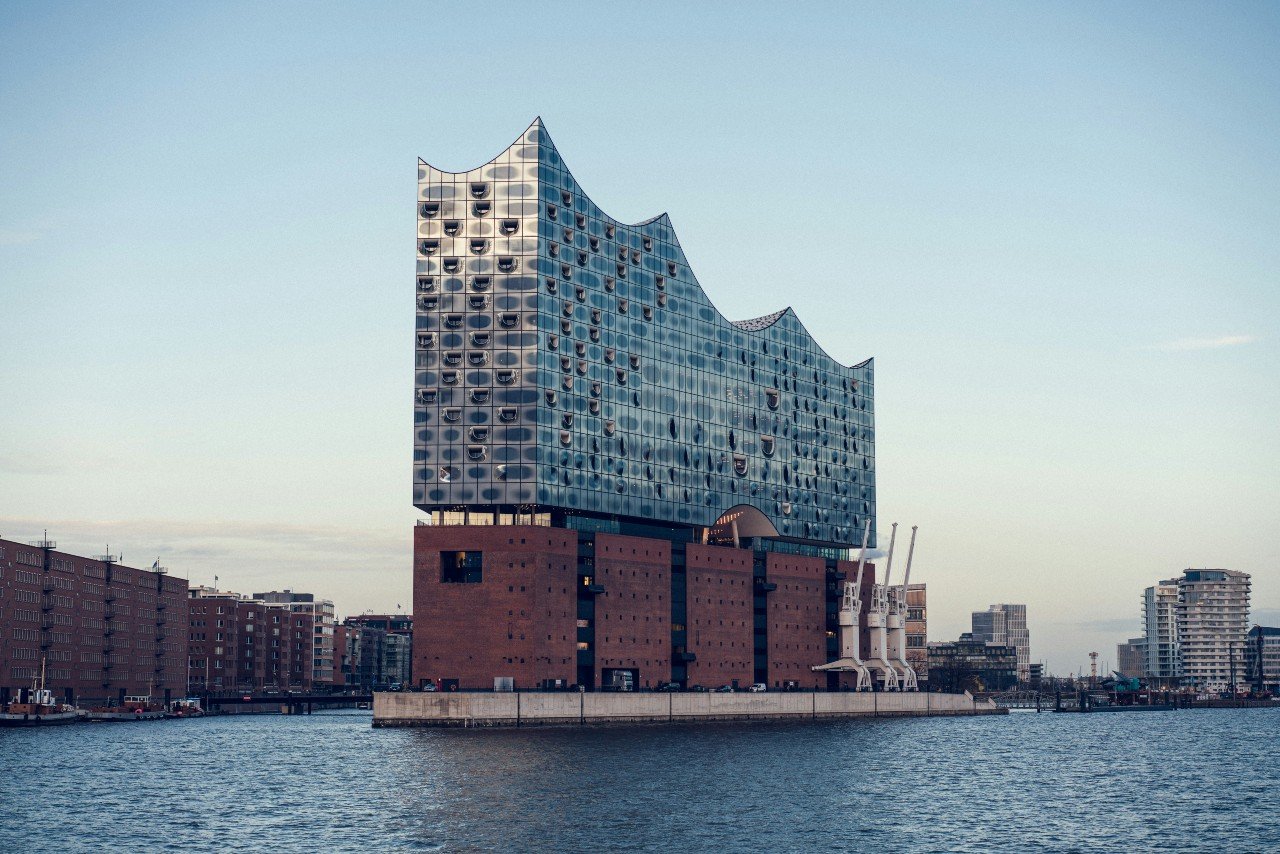It may have the rainiest weather in Germany but residents in Hamburg are still smiling.
That's according to the latest 'Glücksatlas' or 'happiness atlas' which ranks satisfaction levels across Germany.
According to the study compiled by the University of Freiburg on behalf of the SKL, Hamburg overtook long-running winner Schleswig-Holstein to be crowned the happiest region in the Bundesrepublik.
The city-state scored 7.38 points out of 10, securing the top spot. Schleswig-Holstein shared the second spot with Bavaria, with both states scoring 7.23 points in the Happiness Atlas. North Rhine-Westphalia followed with a score of 7.17.
People in Mecklenburg-Western Pomerania apparently have the least to smile about. The eastern state landed in last place, with 6.17 points, while Berlin came second last with a score of 6.63.
What makes Hamburg so happy?
Situated on the Elbe River close to the North Sea, Hamburg is often affectionately called the most British city in Germany. And if you've ever spent time there enjoying fish and chips by the water and visiting the old haunts of the Beatles, you can see why.
But there's a lot more to the Hanseatic city. With a thriving cultural and arts scene, top class restaurants and a rich history, it's no wonder that Hamburg is a draw for tourists visiting Germany from around the world.
Residents who've made the city their home feel happy too.
According to the study, the city-state received high points for its strong local economy, easy to access healthcare as well good schools and childcare facilities, giving it a family-friendly feel.
READ ALSO: How expensive is childcare across Germany?
Many foreign residents also choose to make Hamburg their home. Recent figures show that almost a quarter of Hamburg's 1.8 million residents are foreign, with around 400,000 non-Germans currently living in the city. Around 34 percent of the population has a migration background.
The port city is no doubt one of the most affluent cities in Germany with above-average salaries, and is home to employers such as Lufthansa, Techniker Krankenkasse and Google.

Shipping and logistics are key sectors in Hamburg, however industry has also moved towards aircraft engineering, renewable energy, tech and IT.
READ ALSO: What's considered a good salary for foreigners in Hamburg?
Of course with bigger salaries comes a higher cost of living, especially when it comes to things like transport and housing.
According to figures from the German Economic Institute (IW), the cost of living is 11.5 percent higher than the German national average.
Studies differ on how expensive Hamburg compares to other cities in Germany. The IW study found that Hamburg was the seventh most expensive city in Germany.
READ ALSO: Which German cities are the most expensive for residents in 2024?
In this year's Mercer Cost of Living survey, Hamburg landed in fifth place out of eight German cities said to be among the 100 most expensive in the world.
Meanwhile, Numbeo's cost of living index compiled at the start of the year placed Hamburg in 20th spot, making it the priciest German city in this ranking.
How happy are people across Germany?
The study said the average score across Germany for happiness was 7.06 points.
Overall, researchers found that Germans' life satisfaction has risen again following the Covid pandemic. "Germany is back on course for happiness," said Bernd Raffelhüschen, scientific director of the Happiness Atlas.
Western German states tended to dominate the top third of the ranking, with eastern German states generally ranking lower down.
From July 2023 to June 2024, the Allensbach Institute for Public Opinion Research surveyed a total of almost 12,500 people aged 16 and over on their general life satisfaction. The survey focussed on the areas of work, income, family and health.
Do you think Hamburg is a good place to live in Germany? Let us know your opinion in the comments below.

Comments